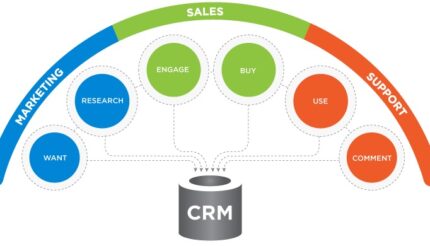Company culture is good for business
Culture is a word that is often associated with large corporate business. If you’re an SME you may think it’s something you don’t need to worry about. But the truth is, culture is fundamental for any business.
It really is about everything you do. Lots of different elements that come together to form a culture. In essence it’s your company personality. The values you hold, the ethics, your mission, expectations, goals and environment. For staff and customers, it’s all about the experience. Because culture will define how they feel about the company.
Why is culture so important?
This is not simply an academic exercise. Developing a company culture will enhance your business. It’s a recognised way of working that is understood and reflected throughout the company. Staff will feel a sense of belonging and want to contribute. Customers know you and like doing business with you.
What happens within a business will directly translate to your customers. Remember that culture is not a badge you wear. It’s about how you operate, work with people, both inside and outside the company. The experiences you leave them with and how that makes them feel. Everybody should be treated the same and company culture will help you achieve this.
The most striking example of culture in action is John Lewis. They have made a commitment to themselves and their customers:
“When you’re part of it, you put your heart into it.
At John Lewis & Partners, we’re more than employees – we’re owners. That’s why we’re all called Partners. And that’s why we all go above and beyond to offer quality products and outstanding service to the people who matter most – you our customers.
Because for us, it’s personal.”
Being Partners in the business is used as a platform for their culture. All employees have a vested interest in making the John Lewis experience the best it can be. Incredibly motivated and proud to be part of such a great company. Which is why when you go into any of their stores the customer service is second to none.
As if that wasn’t enough, they also emphasise their heritage. The strapline ‘Never knowingly undersold since 1925’. A sustained commitment and belief in the products they sell. Prices
that are constantly checked so their customers know they are getting the best possible price on the high street.
Is there any such thing as a bad company culture?
There are really only two elements you should avoid. Not having any sense of culture at all or a negative even destructive work environment. If you find yourself in either of these scenarios then you might be struggling to recruit and retain good quality staff. Which means you need to spend some time working on your company culture.
Define your own personality
Inevitably there will be different types or flavours of culture. You will have your own way of working which will suit certain individuals. We all spend a lot of time at work. Which means it’s just as important that your staff work for a company that makes them feel comfortable. It’s about finding the right match so everybody is happy.
As with most business challenges, you really need to work through a system to define your culture. You might want to start with your mission and values. This will set the framework for everything you do going forward. Both really important areas to define before getting too far down the line.
Once you have this you can start to look at staff engagement, recognition and education. Huge topics that underpin any culture. It’s important to make these elements tangible. The proof of any culture is defined by the actions you take. There are many areas to help you do this, your website, the physical office environment, flexible working, dress-down Fridays even local community volunteering.
How culture can be communicated
If you’ve done the work and defined your culture now is not the time to keep quiet. It’s an opportunity for you to communicate with staff and customers. Tell them what you’re all about, this is a proud moment.
At this stage it’s really important to make sure existing staff feel part of the company. you need to attract other like-minded people to work for you. Shape how you’re going to communicate with customers or suppliers and set expectations for how they will be treated.
Marketing is not something that simply happens to your customers. Internal communications are equally as important. It’s about consistency of message and delivery. Culture will define your company, set you apart from your competitors, so it needs to be everywhere and visible.
A great example is a local digital agency called Laser Red. When you read their website, you get a good idea of their culture. Simple, direct, say it how it is without a load of flowery text. Very team focussed with a nod to the company heritage. Which means you would expect to go to them with a challenge and receive a knowledgeable response quickly.
Culture has its own section on the About us page. It’s at the centre of everything they do and describes the tangible elements to support how they work.
“We actively try to make Laser Red the best place to work. Here are some of the things we’re currently doing as a team: training courses, flexible working hours, remote working, wellbeing days, social lunches, team activities/events and a mental health programme.”
A great advert for anybody who works well in this type of environment. While customers get a good insight to the company and how they operate. Even the photographs on the website are of the team and where they work. You would think if they spend this much time looking after their staff, they must be good.
Culture is something that everybody can embrace. It’s a way of working that encourages a sense of belonging. The most successful businesses have a clearly defined culture, it’s what sets them apart from their competition





